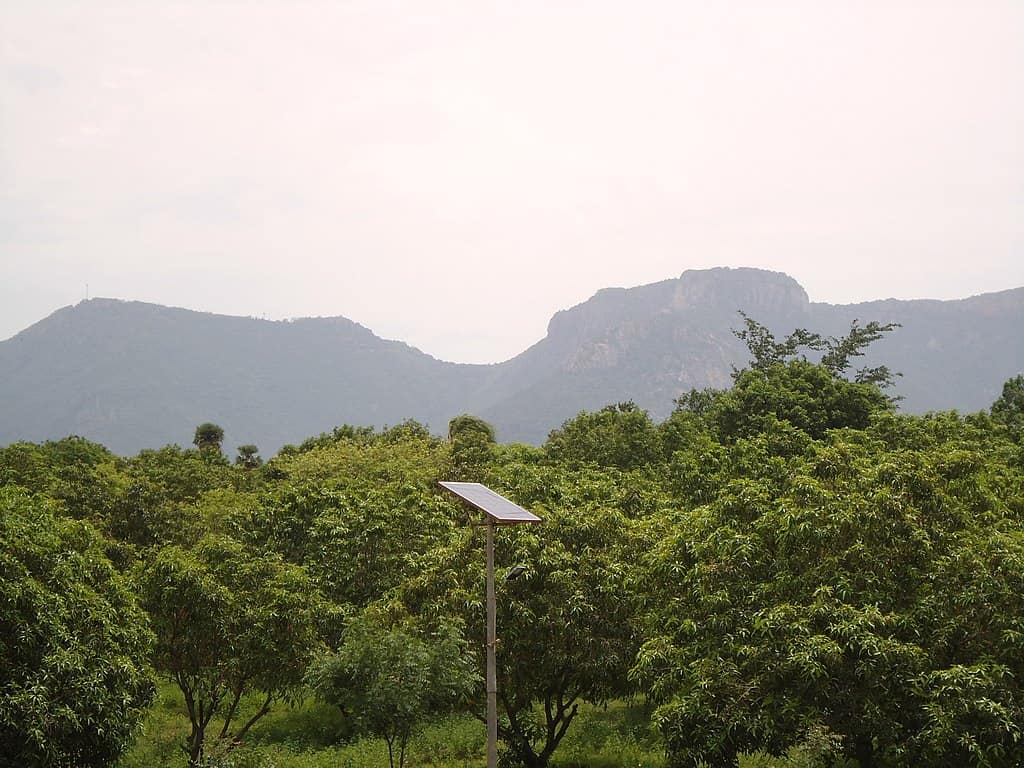More companies to hire freshers this year
As India slowly unlocks from the COVID-19 pandemic, job searches by freshers might be easier in 2022. Around 47% of companies surveyed across the country are expected to hire freshers, way above the the global average of 7%. The top three sectors expecting to increase hiring are information technology, telecommunications and e-commerce and technology startups.
Bengaluru, Mumbai and Delhi will have more jobs for freshers during January-June 2022. In contrast, Gurgaon, Pune, Chandigarh, Indore and Nagpur are seeing a decline in hiring.
Reflecting the growth of the economy and its post-pandemic recovery, hiring intent is expected to grow at 31%. Around 56% of new employees will be early career professionals with 0-5 years of experience.
Source: India Today
National Hydrogen policy
After Finance Minister Nirmala Sitharaman first spoke about India’s plan for green hydrogen in her 2021 budget speech, the central government on February 18th released the first part of its National Green Hydrogen Policy. Incentives were announced for potential manufacturers, generation companies (gencos) and distribution licensees (discoms) to boost large scale indigenous production of green hydrogen and decarbonise the energy sector and reduce the country’s dependency on fossil fuels and crude oil imports.
According to industry experts, the latest policy needs more clarity on costs and rates as it suggests that these would depend on the rates fixed by respective states and union territories (UTs) and hence may not be uniform across the country.
The second part of the policy will likely cover mandating the usage of green hydrogen and green ammonia, and will require cabinet approval. It is currently under review with the expenditure finance committee.
Source: Hindustan Times

Infrastructure projects to ease congestion in Delhi
Multiple congestion nodes in Delhi might see some decongestion with the inauguration of three infrastructure projects in March 2022, Pragati Maidan tunnel road, Ashram underpass project and Kishanganj railway underpass.
The projects are expected to resolve the present traffic issues in central, south, west and old Delhi.
The 750-meter Ashram underpass, after missing six deadlines, will finally open in March 2022. A 1.2 km-long tunnel road and six underpasses, five on Mathura Road and one on Ring Road, are part of the larger redevelopment of Pragati Maidan. The project will likely cut travel time for about 100,000 commuters.
The Kishanganj underpass took the longest time to complete, but is expected to open by March 2022 as well.
“We are carrying out the remaining work on setting up a retention wall and relocation of sewage line along the underpass-4 simultaneously,” said local councillor and former mayor Jai Prakash. “We are determined to open it before the announcement of the civic polls”.
Source: Hindustan Times
Read more: Creating ‘incentives’ for good roads in the city
Calcutta HC allows abortion at 34 weeks
On February 17th, the Calcutta High Court permitted a woman to terminate her pregnancy at 34 weeks, on the grounds that the foetus has spina bifada, an incurable disease, marking this the most delayed pregnancy to get legal sanction for termination.
Until this case, the most delayed abortion was at 33 weeks, in the case of a foetus with Arnold Chiari malformation II, a group of brain malfunctions that lead to spinal disorders.
In this case the mother had filed the petition last week after doctors informed her of the foetus’ condition, and that the baby could die within weeks of being born given the total loss of bodily functions due to spina bifada.
Currently, Medical Termination of Pregnancy Act (1971) allows a woman to undergo abortion at 24 weeks, under the conditions of threat to the mother’s life, or an incurable abnormality in the foetus. Beyond 24 weeks, a court order is required for termination of pregnancy.
Source: The Times of India
Bill to regulate private medical colleges fees in Rajasthan
The Rajasthan government is set to introduce a new bill, ‘The Rajasthan Private Medical Institution Fixation of Fee Bill’, to regulate fees charged by private medical colleges in the state. A retired high court judge is currently studying the fee structure of private universities in other states.
To set up a common mechanism for fee determination, the government has prepared a draft bill to include all private colleges, regardless of whether they’re run by private universities or Rajasthan University of Health Sciences. The bill is expected to bring uniformity and resolve fee variations in different colleges.
Source: Hindustan Times
(Compiled by Saachi D’Souza)